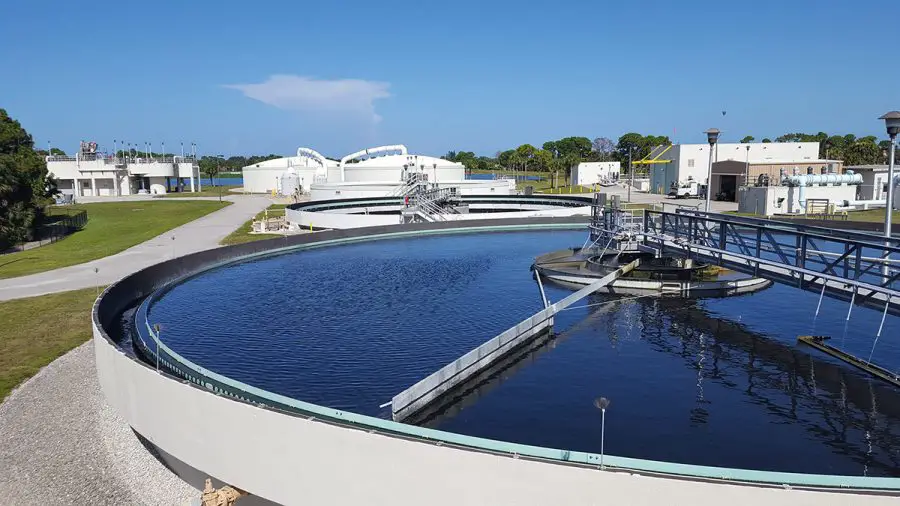A wastewater treatment plant is set to be developed in the city of Safi in Morocco. This is after a partnership agreement for the project was signed between OCP Group (former Cherifian Phosphate Office), the Autonomous Water and Electricity Distribution Company (Radees) and the Oum Er Rbia Hydraulic Basin Agency (Abhoer).
The project involves the construction of several infrastructures. The first is construction of a pumping station and a wastewater pre-treatment plant. This stage of the project will be entirely financed by Radees, with the investments estimated to cost US $11m. OCP Group will then take over and build wastewater treatment plant worth US $50m.
The wastewater, once treated, will then be reused in its plants for processing phosphate, an ore used to make fertiliser for agriculture. Water shortage in Morocco According OCP Group, the project will allow the reuse of 8 million m³ of water per year. This will save and preserve surface water resources.
Also Read:Morocco to construct wastewater treatment plant in Dakhla
Water shortage
Although Morocco is rich in biodiversity, this is now threatened, in large part because water resources are poorly managed; 35% of piped water is lost, and water stocks are being polluted with industrial and urban waste. Cultivable land is also compromised because of water shortages and soil erosion.
The Government’s development model is built around economic growth and urbanisation, but this has aggravated the environmental crisis the country is mired in. There is a serious imbalance between the increasing demand for fresh water and dwindling stocks of this resource, which means land that could have been used for agriculture is being lost. The economic cost of this environmental deterioration has been estimated at approximately US $350m

Leave a Reply